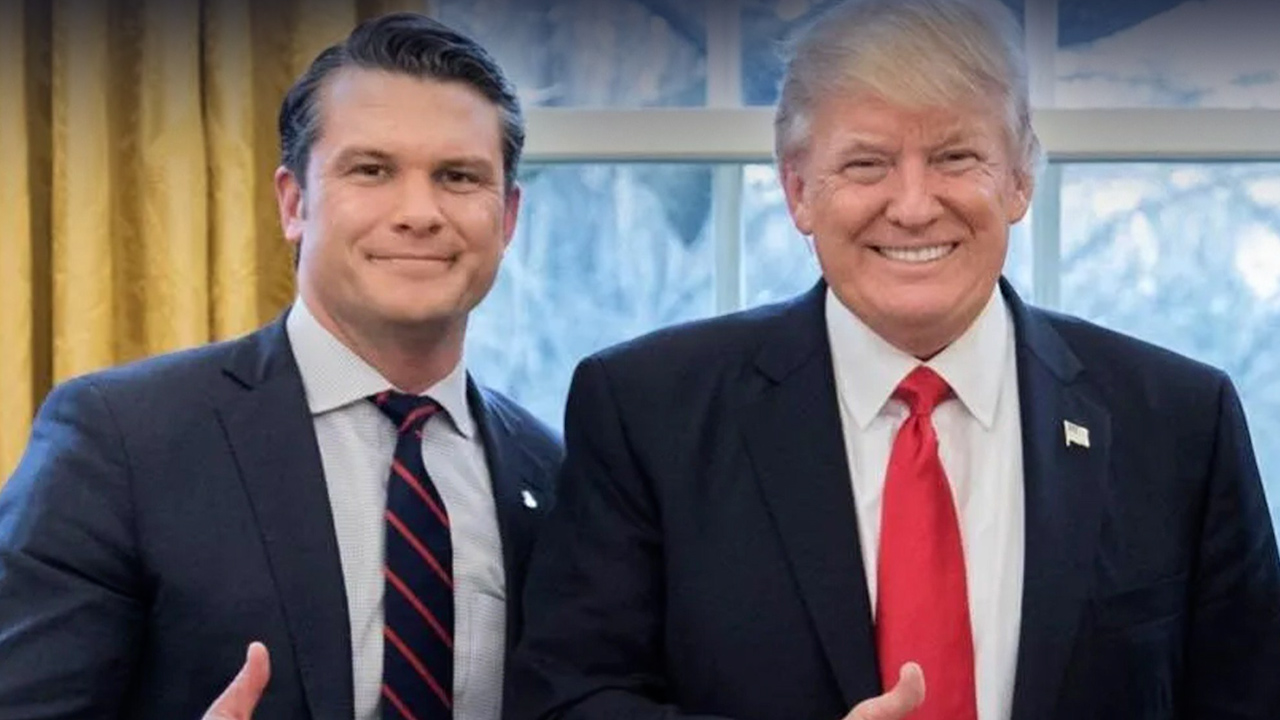
British defence officials make sure they communicate securely, insists Pollard

Armed Forces Minister Luke Pollard says MPs take cyber security "really seriously" and always communicate securely following a leak that saw a US-based journalist added to a group chat in which US politicians and officials discussed a military strike in Yemen.
Included in the group chat US Defence Secretary Pete Hegseth,Vice President JD Vance, Director of National Intelligence Tulsi Gabbard and CIA Director John Ratcliffe.
It also included National Security Adviser Mike Waltz, who was reportedly at the centre of the leak, while one participant accidentally added the editor-in-chief of The Atlantic magazine, Jeffrey Goldberg, to the group.
Mr Pollard said defence ministers in the UK "barely get to see" their phones.
"My phone is always locked away," he said.
"We always make sure that we communicate securely, but what we've seen in the US is a good reminder for all of us ministers, officials and those people who serve in uniform, that we must be conscious of good security and how we use that when we communicate."
"That is something that is certainly a timely reminder for us all."
One contentious issue in the leaked chat was Vice President Vance pointing out that only 3% of US trade runs through the Suez Canal, as opposed to 40% of European trade.
Mr Hegseth and Mr Vance then both complained of European "free-loading", although Mr Pollard said the United States does appreciate the UK's support.
"We have been supporting our US friends in their strikes in the Red Sea, we know that our security relies on that deep, close relationship with the US," he said.
"And we know from the discussions that we're having with everyone, from Pete Hegseth through to… military relationships, that the US does value the deep relationship… with the United Kingdom."
Mr Pollard went on to say the Government agrees with Mr Trump that Europe needs to do more as a continent, like "support Ukraine [and] spend more on defence".
He also said the EU needs to build "resilient supply chains so we're not reliant on any supply chains that might be more vulnerable in a time of conflict".
"These are the changes that the US is right to push Europe on, but it's also right that Europe steps up and we all do," he added.









